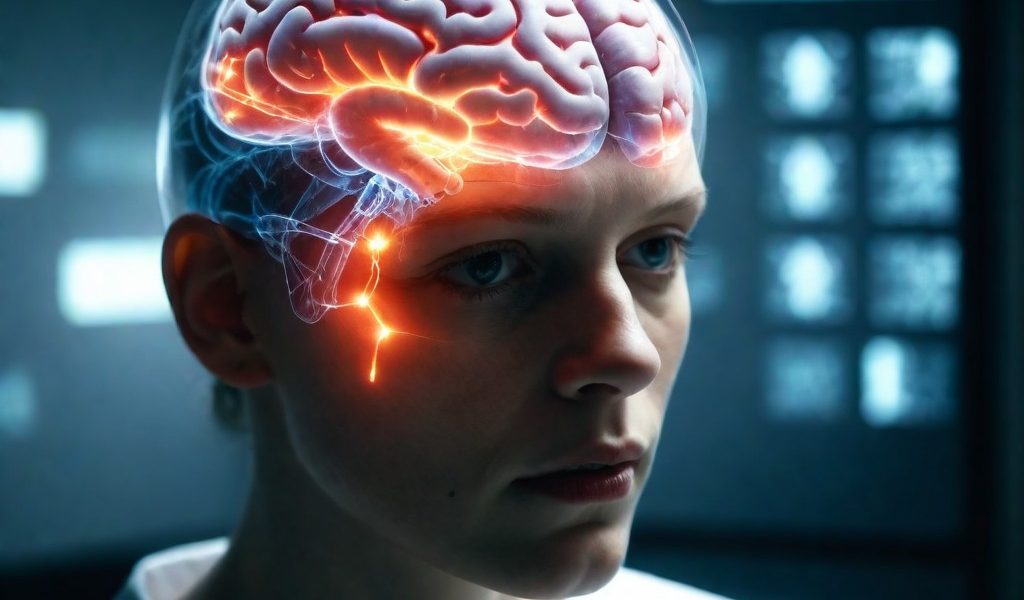What is Alzheimer's disease?

Alzheimer’s disease is a progressive brain disorder that affects millions of people worldwide. It is the most common cause of dementia, leading to a decline in memory, thinking, and daily functioning. While there’s currently no cure, early diagnosis and support systems can significantly improve the quality of life for those living with the disease and their families.
Key Points to Remember
-
Prevalence:
Over 6.5 million Americans above 65 have Alzheimer’s, and it becomes more common with age. - Symptoms:
Memory loss is the hallmark symptom, starting with forgetting recent events and progressing to confusion and difficulty performing daily tasks. - Progression:
The disease worsens over time, impacting memory, reasoning, decision-making, and behavior. - Preserved Skills:
Even with decline, some skills like singing or enjoying music can persist. - Importance of Early Diagnosis:
Timely diagnosis allows access to treatment options that can slow progression and improve quality of life.
Living with Alzheimer’s
The early signs of Alzheimer’s might be subtle, like forgetting appointments or misplacing items. As the disease progresses, memory lapses become more frequent and daily activities become challenging. People with Alzheimer’s may:
- Repeat questions or statements constantly.
- Struggle to find the right words or complete sentences.
- Become easily confused, especially in unfamiliar environments.
- Experience mood swings, anxiety, or depression.
- Have difficulty managing finances or paying bills.
- Eventually, they may forget familiar faces and places, requiring constant care and support.
Hope and Support
While there is no cure for Alzheimer’s, medications can help manage symptoms and slow the progression. Additionally, various support systems exist to help patients and families cope with the challenges:
- Medications:
Doctors may prescribe medications to improve memory function and manage behavioral changes. - Therapies:
Cognitive and behavioral therapies can enhance memory and communication skills. - Support Groups: Connecting with other families dealing with Alzheimer’s provides emotional support and valuable resources.
- Caregiver Training: Training programs equip caregivers with the knowledge and skills to provide necessary assistance.
Taking Action
If you are concerned about your memory or someone you love’s thinking skills, don’t hesitate to consult NeuroCogniAi professional. Early diagnosis allows access to treatment options and support systems that can help manage the disease and improve quality of life. Remember, you’re not alone in this journey. By working together with medical professionals and support groups, you can navigate the challenges of Alzheimer’s with knowledge, compassion, and a focus on living well.
Remember, you are not alone in this journey. By working with NeuroCogniAi healthcare team and staying informed, you can navigate the challenges of Alzheimer’s with knowledge, compassion, and a focus on living well

